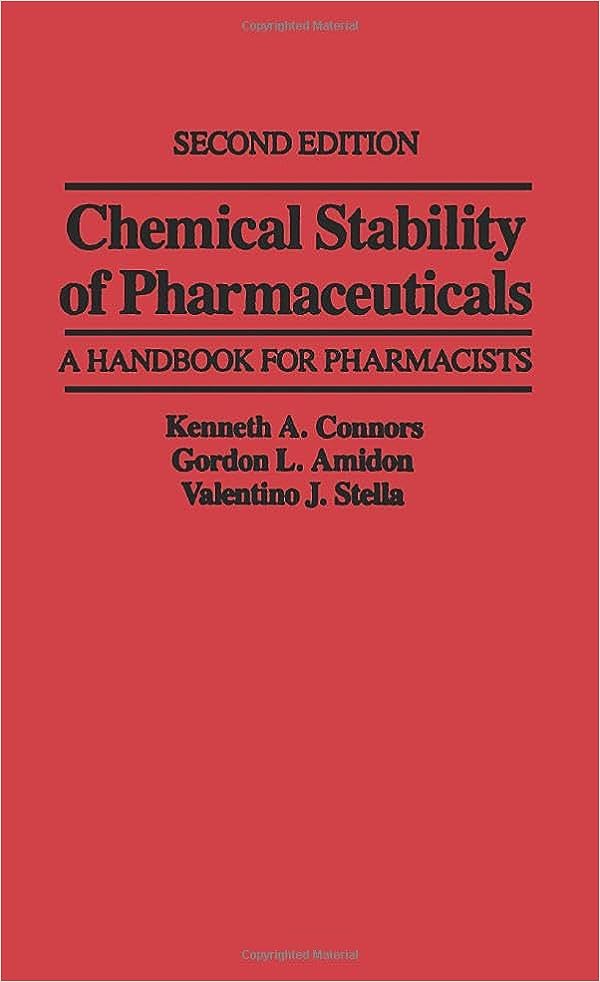Introduction to High-Performance Liquid Chromatography
High-Performance Liquid Chromatography (HPLC) is a powerful analytical technique widely used in pharmaceutical stability testing. It allows for the separation, identification, and quantification of components in complex mixtures, making it indispensable for assessing drug stability.
Role of HPLC in Stability Testing
HPLC plays a critical role in the pharmaceutical industry by providing precise and reliable data on the chemical stability of drug substances and products. Here’s how HPLC contributes to stability testing:
- Detection of Degradation Products: HPLC can identify and quantify the degradation products that form as a drug degrades over time under various storage conditions.
- Assessment of Active Pharmaceutical Ingredient (API) Stability: It measures the concentration of the API in a drug formulation throughout the product’s shelf life to ensure it remains within the specified potency range.
- Validation of Formulation: Helps in determining whether the formulation and packaging are effective in protecting the drug from degradation.
Key Components of an HPLC System
The HPLC system comprises several key components that work together to perform analyses:
- Pump: Delivers the mobile phase and sample through the system at high pressure.
- Injector: Introduces a precise volume of the liquid sample into the flowing mobile phase.
- Column: The heart of the system where separation of compounds occurs. Columns are packed with a stationary phase composed of micron-sized particles.
- Detector: Detects the compounds as they elute from the column. Common detectors in stability testing include UV-VIS, diode array, and fluorescence detectors.
- Data System: Collects outputs from the detector and processes them into a form suitable for analysis.
HPLC Method Development and Validation
Developing and validating HPLC methods is critical for ensuring reliability and reproducibility of the stability data:
- Method Development: Involves selecting appropriate mobile and stationary phases, column dimensions, detector settings, and operating conditions to achieve optimal separation and detection of the analytes.
- Validation: Ensures that the HPLC method is suitable for its intended purpose. Key parameters include accuracy, precision, specificity, sensitivity, linearity, and robustness.
Conclusion
HPLC is a cornerstone technique in pharmaceutical stability testing, enabling manufacturers to ensure drug products are safe and effective during their shelf life. Through careful method development and validation, HPLC provides robust, accurate, and precise data critical for regulatory approvals and quality control.
